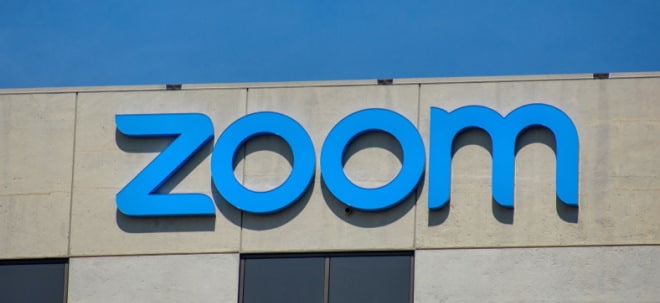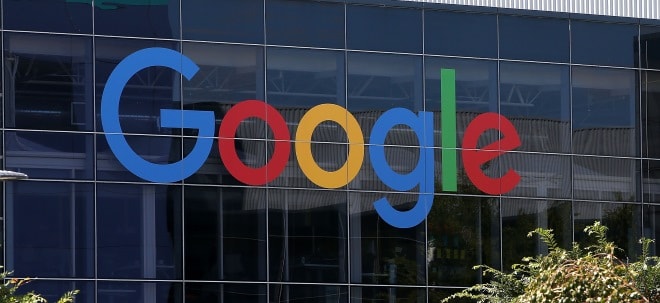If Bitcoin Is Digital Gold, Will Ethereum Become the Crypto Equivalent of Treasury Bills? Cathie Wood Sees a Correlation and a Potential Catalyst
Werte in diesem Artikel
One of the key reasons that Bitcoin (CRYPTO: BTC) has performed so well, topping $108,000 at one point last year, and been more resilient than the rest of the crypto sector is because investors view the token as a potential inflation hedge. Only 21 million Bitcoin tokens can ever be mined and there are already 19.8 million in circulation, making the world's largest cryptocurrency a finite asset with similar dynamics to gold. Now, ARK Invest Chief Executive Officer Cathie Wood has said she believes Ethereum (CRYPTO: ETH) has begun to develop some unique characteristics of its own that could potentially position it as the crypto-equivalent of U.S. Treasury bills. If Wood is right, that could prove to be a major catalyst for Ethereum.Toward the end of 2022, Ethereum shifted from a proof-of-work protocol to a proof-of-stake consensus mechanism to govern its network. As networks like Bitcoin and Ethereum grew in popularity, the process of validating and mining new tokens became quite energy intensive, consuming ever more computing power. The alternative approach involves Ethereum holders "staking" their tokens -- locking them up for a certain period -- for a chance to validate new transactions. Validators are chosen randomly, winning the right to mint new blocks and being rewarded in new tokens for doing so. Those with more staked tokens have a higher chance of getting chosen.Many investors now stake on Ethereum's network and earn fees for locking up their tokens. It's this trend where Wood sees a correlation with U.S. Treasury bills. Not only can investors in the Ethereum network earn yields on their tokens, but the tokens are also frequently used as collateral in digital asset transactions.Continue readingWeiter zum vollständigen Artikel bei MotleyFool
Quelle: MotleyFool

